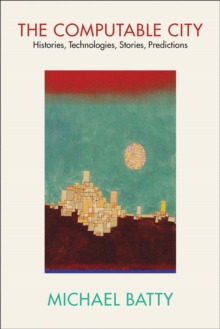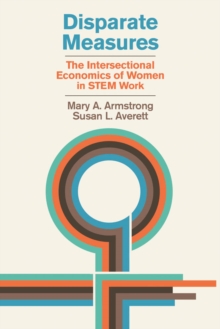
- Information
Description
Exile as the dominant fact of Marcel Duchamp's life and artistic practice: how the "spirit of expatriation" and sense of dislocation infused the mobile objects and disjunctive spaces of Duchamp's readymades and experimental exhibition installations.
Marcel Duchamp was a famous expatriate, a wanderer, living and working in Paris, New York, and Buenos Aires and escaping from each in turn. But exile, argues T. J. Demos in this innovative reading, is more than a fact in Duchamp's biography. Exile-in the artist's own words, a "spirit of expatriation"-infuses Duchamp's entire artistic practice..
Duchamp's readymade constructions, his installations for surrealist exhibitions in Paris and New York, and his "portable museum" (the suggestively named La boite-en-valise), Demos writes, all manifest, define, and exploit the terms of exile in multiple ways. Created while the artist was living variously in New York, Buenos Aires, and occupied France during the global catastrophes of war and fascism, these works express the anguish of displacement and celebrate the freedom of geopolitical homelessness. The "portable museum," a suitcase containing miniature reproductions of Duchamp's works, for example, represented a complex meditation-both critical and joyful-on modern art's tendency toward itinerancy, whereas Duchamp's 1942 installation design entangling a New York gallery in a mile of string announced the dislocated status that many exiled surrealists wished to forget.
Duchamp's exile, writes Demos, defines a new ethics of independent life in the modern age of nationalism and advanced capitalism, offering a precursor to our own globalized world of nomadic subjects and dispersed experience.
Information
-
Download Now
- Format:PDF
- Pages:320 pages
- Publisher:The MIT Press
- Publication Date:21/09/2012
- Category:
- ISBN:9780262271479
Other Formats
- Paperback / softback from £12.38
Information
-
Download Now
- Format:PDF
- Pages:320 pages
- Publisher:The MIT Press
- Publication Date:21/09/2012
- Category:
- ISBN:9780262271479



